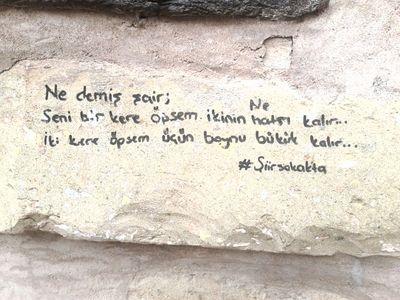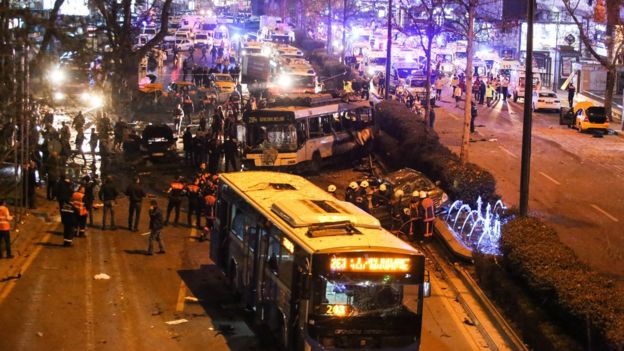The crackdown is bad, but the coup would have been worse.
Let me start by trotting out a few numbers - and this is from a week ago, so I'm guessing these figures have increased:
 |
| source: Twitter |
President Erdogan has also declared a 'State of Emergency' (OHAL) for the next three months. All in all, it appears to be a terrible crisis - yet last night, the main opposition party, the CHP, held a pro-democracy rally, to which came thousands of people from across the political spectrum.
From an external perspective, it seems somewhat bizarre - after all, Erdogan and the AKP have done a good job of dividing the nation, yet now, here was everyone, coming out united against the coup.
They had good reason to: A successful coup would have been a much worse outcome. Now, I'm still suspicious of who was actually behind the attempted takeover, but I'm also no fan of military interventions in politics, be they domestic or foreign. The figures above are bad - particularly in education - but, to glean a little bit of light from a black cloud, at least these people are alive. The number of dead (currently just past 260) would have been far, far greater within days.
All in all, Turkey is in a strange place right now - well, stranger than what usually constitutes 'normal' over there, and I haven't a clue what will happen nexr. One thing I should point out, however, is that Erdogan himself is not the Prime Mover of all these events - rather, he is the symptom of a political mechanism that has rarely been either effective or representative.
The AKP are the outcome of years of abuse by politicians who plundered the economy for their own gain, promised big and did vanishingly little. Erdogan and the AKP appealed to the often-ignored electorate of Anatolia, and rode into power through energising them and claiming to more closely represent the people than the distant, overbearing Ankara politicians.
That's right, Erdogan was the outsider candidate, slugging it out with the Big Boys who didn't want to play fair - remind you of anyone?
In fact, the president makes a big deal of being the Little Boy From Anatolia Who Done Good - it's a narrative that is as appealing as it is untrue, yet it also explains his remarkably thin skin when it comes to even a hint of criticism. It also explains his ever-increasing authoritarian ways: It's a case of the bullied becoming the bully, of the abused becoming the abuser.
The AK bit of AKP stands for 'Justice and Development'. It's also a play on words, as 'ak' also means white, with all the connotations of purity, innocence and honesty that implies. That is what people voted for: justice and development, and for a few years, it seemed that would indeed be the case. Now, however, the party is being devoured by the president's desire for absolute control, by using and subverting democratic conventions towards this end. It's both fascinating and appalling to watch - yet, terrible as it is, it's still not as terrible as the same aim being achieved by war. One is a python squeezing its prey to death, the other is a tiger ripping its victim apart.
It is a dark time, yes, yet there are glimmers of light, here and there, that suggest the game is far from over.









